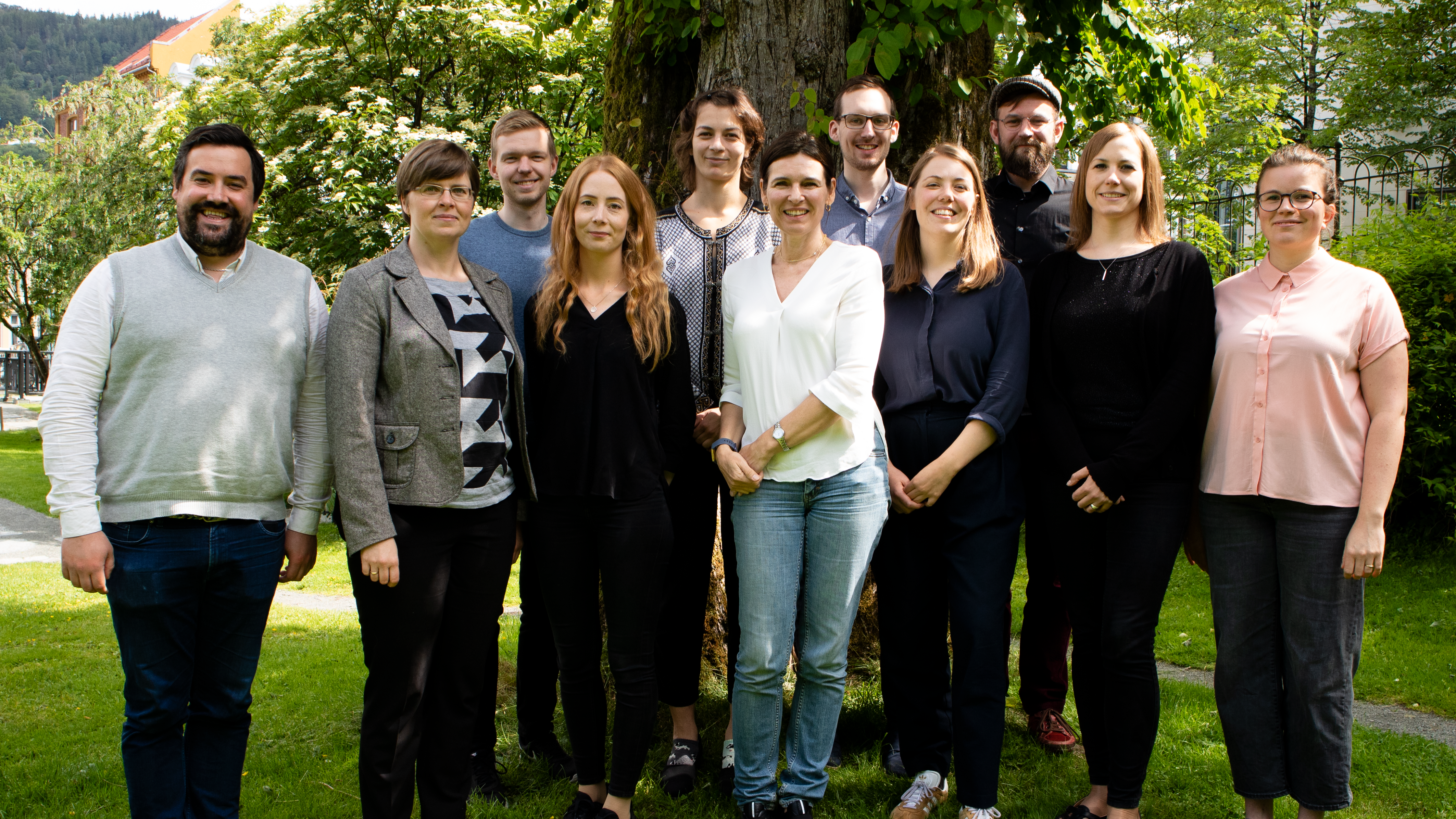

The Centre for Research on Discretion and Paternalism is an international research centre at the University of Bergen, Norway.
The Centre addresses core themes in the social sciences by examining the government’s use of power toward its citizens and the justifications of state interventions into people’s lives. Important areas of empirical focus are child welfare and children’s rights.
Research at the Centre is comparative between nations, systems and individuals. The Centre is interdisciplinary, with researchers from across the world and from many disciplines – including political science, sociology, law, philosophy, psychology and social work.
We use multilevel data sources in our research, including decision-makers, laws and regulations, court judgments and citizens. We apply multiple research methods, including interviews, observation, text analysis, survey vignettes and survey experiments.
Our organization
The Centre is located at the Department of Government, University of Bergen (UiB). UiB is an internationally oriented research university and is ranked as one of the best universities in the Nordic countries.
There are currently nine full time employees at the Centre. In addition, there are several part-time researchers, as well as researchers associated with the Centre through collaborations both in Norway and internationally.
We are connected to the Centre on Law and Social Transformation (UiB/CMI), FAIR – Center for excellence (Norwegian Business School), and the research group Law, Democracy and Welfare (Western Norway University of Applied Science).
Our activities
The Centre is leading three major international research projects:
- Child Protection Systems Across the World
- Legitimacy Challenges for Children´s Rights and the Child Protection System
- Children’s Right to Participation
In addition, our researchers are engaged in several other projects.
The Centre works to communicate research-based knowledge about child welfare, children’s rights, the welfare state, discretion and state power. Our researchers regularly participate as lecturers and interviewees in the media. News and research results are also published on our websites, Twitter and in our monthly newsletter. We also host and co-organize guest lectures, seminars and conferences. Over the past 8 years, our renowned events, including the RDV– and “Breakfast” seminars (Barnevernfrokost), have welcomed numerous speakers and participants.
Several PhD students are affiliated with the Center, and we are also involved in the education of Master’s students at the Department of Government at UiB.
Our fields of study
To better understand the relationship between the public and the state, we need greater knowledge about how governmental use of power is justified and how discretionary decisions are made.
State interventions are often justified with references to the common good, or claims that certain services or limitations on personal freedom are in the best interests of individuals in society.
The appropriate role of such paternalistic behavior is central in political debate on the relationship between the state and its citizens, as well as in many interpersonal relationships, in particularly the relationship between parents and their children.
The government’s delegation of authority to public officials to exercise discretion is critical, as discretionary decision-making may be arbitrary and thus challenge the rule of law and the legitimate use of power.
As of today we have little knowledge about these important issues. However, the Centre for Research on Discretion and Paternalism aims to unlock the black hole of discretion in the welfare state.
In the area of child protection, the government has the power to intervene with force in a citizen’s private life and decide what is in their best interests. These cases are all different, making discretionary reasoning necessary.
Approaching these questions empirically, we investigate children’s rights and child protection systems. Understanding how professionals in different states decide the best interests of a child is essential in understanding the mechanisms of discretion and paternalism.
Contact
Director / Principal Investigator
- Professor Marit Skivenes
Research coordinator
- Adviser Barbara Ruiken
Core values
The work at the Centre is guided by the following core values:
- Ambitious
- Fun
- Efficient
- Service minded
Research ambitions
Provide new insights on the dynamics of government power structures and justification of interventions
Improve our understanding of how the line is drawn between private and public responsibility for children
Develop the theory of discretion by moving beyond the conceptual dichotomy of strong—weak discretion
Find solutions to the discretion dilemma by identifying a resolution model that facilitates good judgments
Research topics
- Child welfare systems
- The welfare state
- Social policy
- Children’s rights
- Public services
- Court systems
- Public opinion and values
- Deliberative democracy
- Decision-making
- Migration
- Legitimacy

